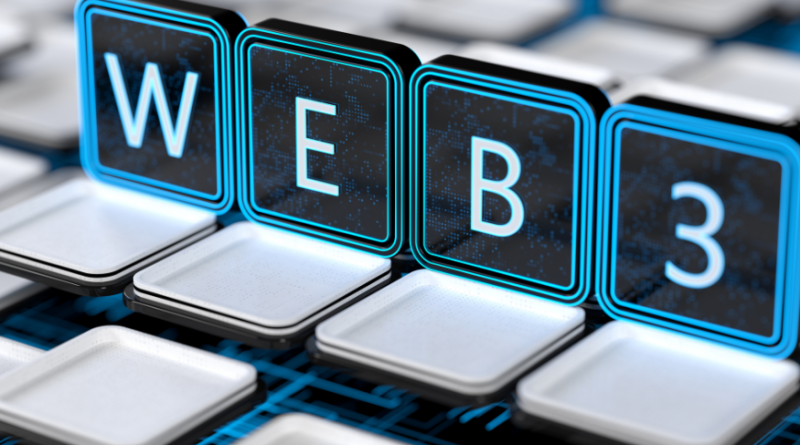The Future of Web3 : Transforming the Internet as We Know It
Web3, often called the next generation of the internet, represents a shift from centralized control to a decentralized internet. But how does this new paradigm work, and what does it mean for users and businesses? Let’s explore its core features and answer questions like “Does Web3 have any future?” and “How will Web3 change the internet?”
What Is Web3? The Next Generation of the Internet
At its heart, Web3 is about creating an internet that is owned and controlled by its users rather than by a handful of tech giants. Unlike Web2, which relies heavily on centralized platforms like Facebook, Google, and Amazon, Web3 is decentralized, leveraging technologies like blockchain, cryptography, and smart contracts.
Key elements of Web3 include:
- Decentralization: Data is stored across multiple nodes, making it more secure and transparent.
- Tokenization: Digital tokens enable user ownership and participation in ecosystems.
- Permissionless Access: No centralized authority is required for entry or participation.
Web3 is designed to empower individuals, giving them control over their data, finances, and online interactions.
How Will Web3 Change the Internet?
The decentralized internet has the potential to disrupt various industries:
Data Ownership
In Web2, platforms collect and monetize user data. Web3 flips this model by allowing individuals to own their data and decide how it’s shared. Projects like Filecoin and IPFS are paving the way for decentralized storage solutions.
Finance Without Banks
Decentralized finance (DeFi), a cornerstone of Web3, eliminates the need for traditional banks. Users can lend, borrow, and trade assets directly on platforms like Aave and Uniswap, using blockchain technology.
Transparency and Trust
Blockchain technology ensures transactions are transparent and immutable. This is particularly relevant for sectors like supply chain, voting systems, and charity, where trust is paramount.
Token-Based Communities
Web3 enables the creation of tokenized communities where users have voting rights and a stake in the platform’s future. Examples include DAOs (Decentralized Autonomous Organizations) and blockchain-powered games.
Does Web3 Have Any Future?
The future of Web3 is promising, but not without challenges. Critics argue that scalability, regulation, and user adoption remain hurdles. However, proponents believe these are temporary setbacks in the journey toward a more equitable internet.
Current Developments
- Investment Growth: Billions of dollars are being poured into Web3 startups and projects.
- Technological Advancements: Layer-2 scaling solutions like Polygon are addressing the issue of high transaction costs.
- Institutional Interest: Major corporations like Microsoft and PayPal are exploring Web3 applications.
Barriers to Overcome
- Complexity: For mainstream adoption, Web3 must become as user-friendly as Web2.
- Regulation: Governments worldwide are grappling with how to regulate decentralized platforms.
- Energy Concerns: Critics point to the environmental impact of blockchain networks, though proof-of-stake mechanisms are helping mitigate this.
Practical Applications of Web3 Today
Web3 is not just theoretical; its applications are already changing lives:
- NFTs: Non-fungible tokens have revolutionized the art and gaming industries.
- DeFi Platforms: Everyday users are accessing loans and earning interest without intermediaries.
- Decentralized Social Media: Platforms like Mastodon and Lens Protocol are providing censorship-resistant communication channels.
Conclusion: The Path Forward for Web3
So, “Does Web3 have any future?” Absolutely. By addressing its challenges and scaling its benefits, Web3 could become the backbone of a fairer and more inclusive internet.
As we move closer to a Web3-dominated world, understanding “What is Web3 the next generation of the internet?” is essential. It’s not just about technology; it’s about creating an internet that prioritizes user empowerment, transparency, and decentralization.
Whether you’re a tech enthusiast or a casual user, now is the time to explore “How will Web3 change the internet?” and prepare for the revolutionary shifts it brings.
If you’re intrigued by Web3 and want to dive deeper, follow TradingToBeRich.com for daily updates, insights, and strategies tailored for the decentralized era.

